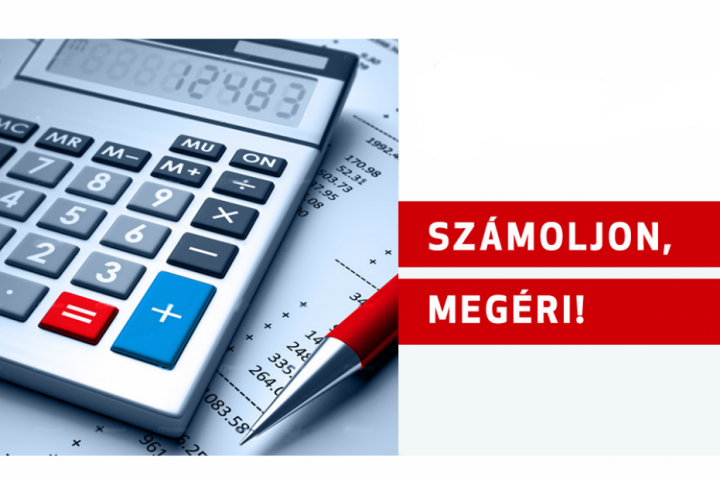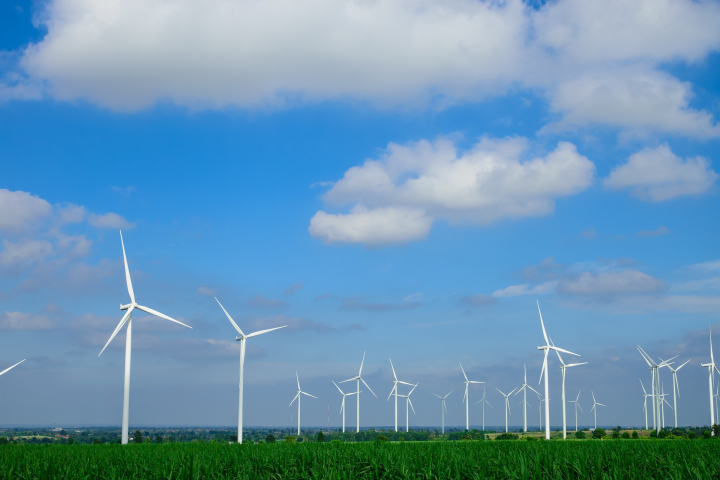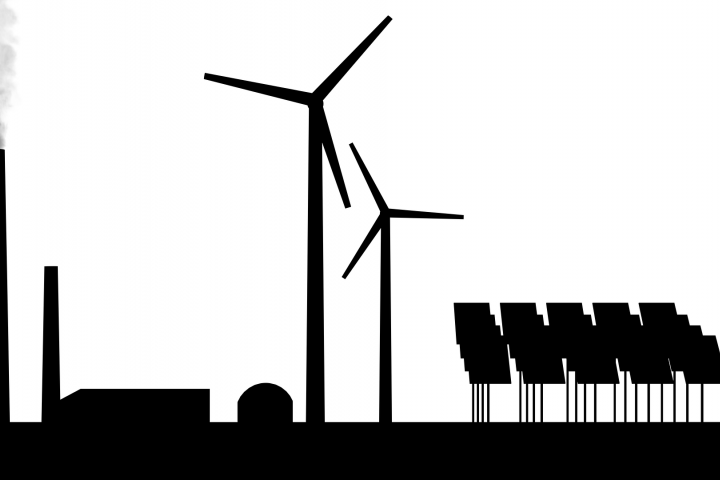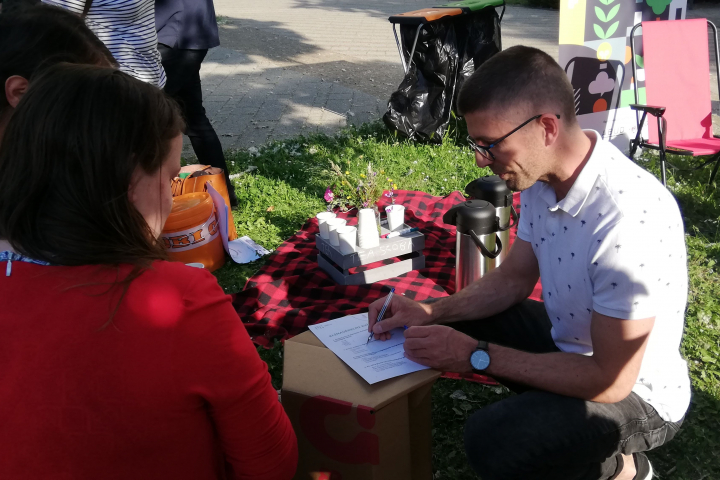SMEnergy – service centres to support the takekup of renewables among SMEs
Small and Medium-sized business Enterprises are confronted with many risks and uncertainties when they consider adopting renewable energy. Will it generate a return on investment? What are my options, and how do I implement them? The Interreg Danube SMEnergy project hopes to provide answers to these questions and more. By developing, testing, and implementing a network of regional and countrywide service centres, SMEnergy wants to make the transition to renewable energy for SMEs easier.
Given the ongoing energy transition and the EU’s ambitious goal to reach net-zero carbon emissions by 2050, the majority of energy-intensive SMEs in the Danube region are facing the same challenges to adapt to a greener economy and increased sustainable energy utilisation and efficiency. Foremost, industrial SMEs are among the largest energy consumers, which often represents a large cost factor and poses problems in light of energy security and fossil fuel dependence. Increasing the share of renewables and energy efficiency are therefore central issues concerning industry and SMEs across the Danube region.
SMEnergy aims to make the transition to renewable energy for SMEs easier by developing, testing, and implementing a network of regional and countrywide service centres.
Through knowledge transfer and the development of planning tools, the Interreg Danube SMEnergy project will provide comprehensive support to local/regional SMEs when they adopt renewable energy. At the same time, the integrated, transnational approach will exploit existing SME networks to increase the visibility of best practice examples and advance strategies, efforts, and uptake of renewables throughout the Danube programme area and beyond.
The transnational project consortium consists of 10 partners and 8 associated partners from across the Danube region. It is led by the Local Energy Agency Spodnje Podravje (LEASP), based in Slovenia, together with project partners from Hungary, Austria, Czech Republic, Slovakia, Bosnia and Herzegovina, Bulgaria, and Germany.
The transnational project consortium brings together partners from a wide field of expertise, ranging from business support organisations to energy and environmental experts to innovation and technology centres:
- Local Energy Agency Spodnje Podravje – LEASP (Slovenia)
- Energiaklub (Hungary)
- Business Agency Burgenland Research and Innovation Ltd. – FIB (Austria)
- PC-Trend Ltd. (Hungary)
- DEX Innovation Centre – DEX IC (Czech Republic)
- Slovak Business Agency – SBA (Slovakia)
- Development Agency of the Republic of Srpska – RARS (Republic of Srpska/Bosnia and Herzegovina)
- Business Support Centre for Small and Medium Enterprises - Ruse – BSC SME Ruse (Bulgaria)
- European Institute for Innovation-Technology (Germany)
- Landshut University of Applied Sciences – TZE (Germany)
The SMEnergy project is aligned with the Interreg Danube Region Programme 2021-2027 priority, “A greener, low-carbon Danube Region”, and will directly contribute to the programme Specific Objective 2.1, “Support greening the energy and transport sectors in the Danube Region by enhancing the integration of renewable energy sources”.







